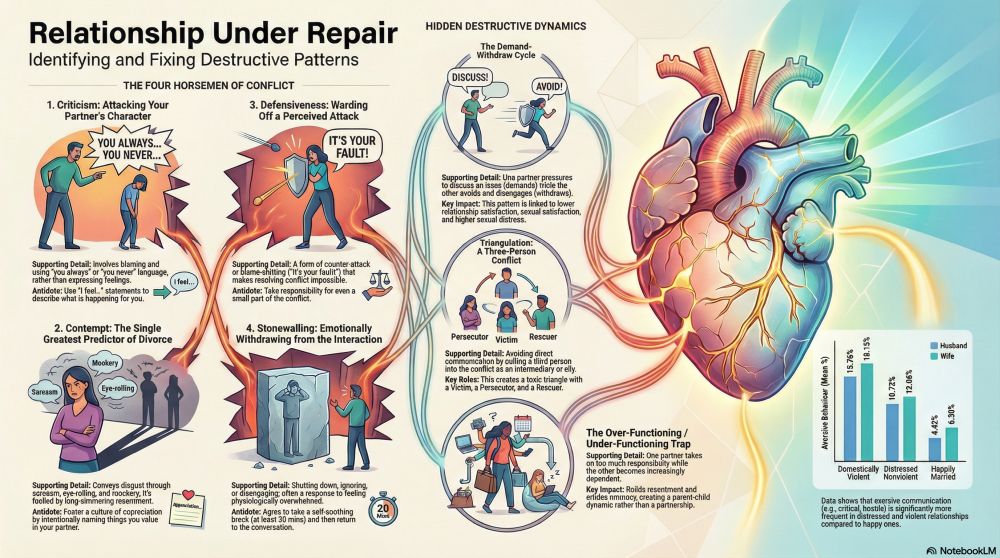The Bickering Timeline
The Bickering Timeline: What to Expect
Timeline: Couples typically begin bickering between 6 months to 2 years into their relationship, marking the natural end of the honeymoon phase when minor annoyances and differences begin to surface.
Understanding the Honeymoon Phase End
The initial period of a relationship is characterized by heightened romance and overlooking minor differences. As this phase naturally concludes, couples begin to notice and react to behaviors that previously went unaddressed.
Common Bickering Triggers
Primary triggers include:
Identifying Major Life Transitions
- Moving in together: Sharing living space reveals different habits, cleanliness standards, and daily routines
- Having children: Increased stress, sleep deprivation, and differing parenting approaches create tension
- Work stress: Career pressures and demanding schedules can spill over into relationship dynamics
- Financial pressure: Money-related stress often becomes a source of disagreement and frustration
The Psychology Behind Bickering
Recognizing Bickering as Normal Communication
Key insight: Bickering is a normal part of relationship development-it’s how partners begin to express unmet needs, frustrations, and negotiate differences in their partnership.
Research shows that couples who never argue may actually be avoiding important conversations about their needs and boundaries. Healthy bickering allows partners to:
- Express minor frustrations before they become major issues
- Negotiate household and relationship responsibilities
- Learn about each other’s communication styles and triggers
- Develop conflict resolution skills for larger disagreements
How to Manage Bickering Constructively
Addressing Underlying Issues
Success factor: Couples who address the underlying issues during bickering phases build stronger, more resilient relationships.
Practical Strategies:
- Pause and reflect: Before responding defensively, ask yourself what need or concern is driving the bickering
- Use “I” statements: Express your feelings and needs rather than criticizing your partner’s behavior
- Schedule regular check-ins: Create dedicated time to discuss minor irritations before they escalate
- Focus on solutions: Move beyond complaining to collaborative problem-solving
When Bickering Becomes Concerning
Recognizing Unhealthy Patterns
While some bickering is normal, watch for these warning signs:
- Bickering becomes constant or daily
- Arguments escalate to personal attacks or criticism
- The same issues are repeatedly discussed without resolution
- One or both partners feel unheard or dismissed
- Bickering affects other areas of life (work, social relationships, sleep)
If these patterns emerge, consider couples counseling to develop healthier communication strategies.
Building Stronger Relationships Through Understanding
Developing Long-term Relationship Skills
Couples who successfully navigate the bickering phase often emerge with:
- Better understanding of each other’s communication needs
- Clearer boundaries and expectations
- Improved conflict resolution skills
- Deeper emotional intimacy through honest communication
Remember that learning to disagree constructively is a valuable relationship skill that will serve you throughout your partnership.


